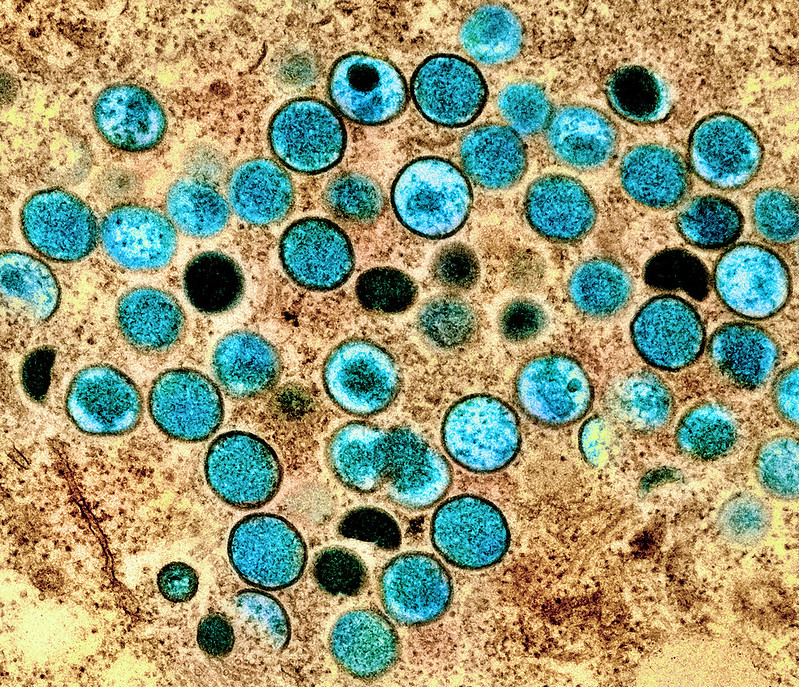There are a lot of reasons you should not be worried about monkeypox. But, it is still in its early stages, and there is no telling how monkeypox will spread over time. For now, based on the data, your risks are likely minimal, though as Celine Gounder reports for Kaiser Health News, you should be aware of the symptoms.
Monkeypox is not highly prevalent at this time. There are fewer than 5,000 cases of monkeypox reported around the entire world. Although that’s likely a major undercounting because many people who get it are not reporting it, the number of cases is a tiny fraction of the world’s population.
The US has very few reported cases of monkeypox. In the US, there are around 300 reported cases, so you and all Americans have a very small risk of contracting monkeypox.
Women are not likely to contract monkeypox: Right now, the number of women who have had monkeypox is tiny, only ten reported cases. It is most common among homosexual men.
Monkeypox tends to have mild symptoms: Most people will not have serious symptoms, but monkeypox could be life threatening for older adults who are immunocompromised or who have grave skin diseases like eczema.
It could take three weeks from monkeypox infection for symptoms to arise: As with Covid-19, people might have fevers and chills, headaches and swollen lymph nodes.
A common symptom is the monkeypox rash. People’s rashes turn into pus-filled bumps over time. They might appear similar to a blister or pimple. Eventually, they form a scab.
Symptoms can be painful. Monkeypox rashes are common on the palms of people’s hands and soles of their feet. They might also appear inside genitalia and mouths.
Symptoms tend to go away after about two weeks for most people. People can take acetaminophen or ibuprofen for headaches, pain and fevers.
Monkeypox is a virus, a bit like smallpox. You are not likely to get monkeypox from another person unless you are in intimate contact with them. For the most part, monkeypox is transmitted through sex. But, the monkeypox virus can pass through any membrane in the body that is open, like broken skin, eyes and mouths. Like Covid-19, respiratory droplets could infect someone from a few feet away, though it is not common.
Get screened for monkeypox if you have symptoms. Contact your physician. You can also visit a sexual health clinic. For a sexual health clinic near you, click here.
There is an FDA-approved monkepox vaccine. The Jynneos vaccine is available for adults over 18. But, supplies are limited at the moment, so only people who are at risk can get the vaccine at this time. The vaccine has few side effects, but people can get fevers and feel fatigued. The vaccine works to prevent monkeypox after you have been exposed, so long as you get the vaccine early, in the first few days after exposure. If you take it later, the vaccine might help ease your symptoms.
Here’s more from Just Care:










